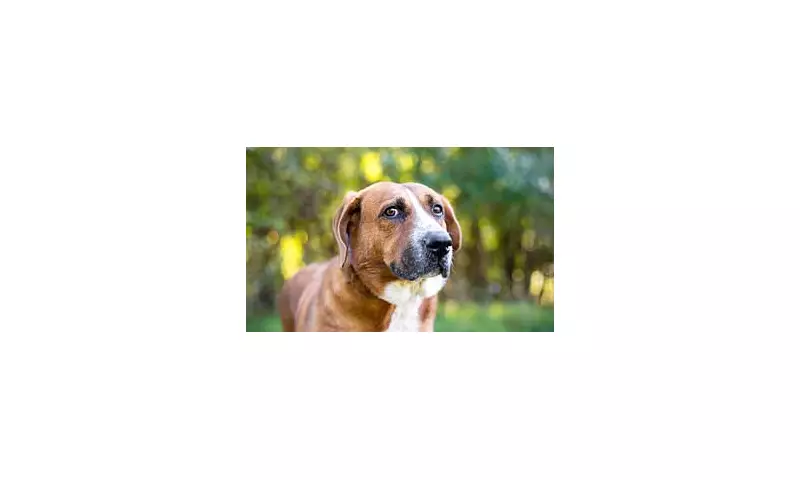
In a revelation that challenges our understanding of animal cognition, scientists now confirm that autism isn't uniquely human – our canine companions can be neurodivergent too.
What Does Canine Neurodiversity Mean?
According to Dr Jacqueline Boyd, an animal scientist from Nottingham Trent University, dogs can experience neurodiversity in remarkably similar ways to their human owners. Our faithful companions display comparable structural and chemical differences in their brains to those found in humans with neurodivergent conditions.
This groundbreaking understanding means dogs can demonstrate behaviours that would typically be diagnosed as autism spectrum disorder and attention deficit hyperactivity disorder (ADHD) in people. While veterinary medicine currently groups these behaviours under the broad term 'Canine Dysfunctional Behaviour' (CDB), scientists are increasingly recognising that animals might experience the world differently due to neurological diversity.
Identifying Neurodivergent Traits in Your Dog
Dr Boyd explains the spectrum of canine neurotypes: 'Some dogs might be very much like the neurotypical human, whereas other dogs might be more neurodivergent and be more like someone with autism or ADHD.'
So what should dog owners look for? Key indicators of potential neurodivergence in dogs include:
- Hypervigilance – excessive watchfulness
- Hyperfocus – intense concentration on specific stimuli
- Poor impulse control
- Sensitivity to certain sounds
- Lack of interest in people
- Difficulty socialising with other dogs
One of the most noticeable behavioural tendencies is high levels of impulsivity, which research links to imbalances in neurotransmitters serotonin and dopamine – similar to the chemical patterns observed in humans with ADHD.
The Genetic Evidence Behind Canine Autism
Scientific research provides compelling genetic evidence for canine neurodiversity. Studies have identified that some beagles carry a mutation in the Shank3 gene, which is directly associated with autism in humans.
These genetically distinct dogs demonstrate reduced interest in social interaction and display lower levels of 'neural coupling' – the neurological synchronisation that typically occurs during social engagement. When humans and dogs interact, their brain activity normally falls into synchronised patterns, but dogs with autism-like symptoms show significantly less neural synchronisation with people.
Dr Boyd emphasises that diagnosing neurodivergence in dogs remains challenging: 'Giving a human diagnosis to an animal that can't speak in the same way that we do is a really difficult thing. But what we can say is that they will sometimes exhibit behaviour tendencies that in a human would meet diagnostic criteria for a neurodivergent condition.'
Supporting Your Neurodivergent Dog
Rather than focusing on labels, Dr Boyd suggests dog owners should recognise and accommodate neurological diversity. 'The human population is neurodiverse, in that there are lots of neurotypes, and we probably have the same in dogs and lots of other species,' she notes.
This means paying close attention to your dog's individual needs and difficulties. If you're concerned about behavioural patterns, Dr Boyd strongly recommends seeking veterinary check-ups and consulting fully qualified behaviourists or trainers.
The emerging understanding of canine neurodiversity not only helps us better care for our pets but also deepens our appreciation of the complex neurological landscape shared across species boundaries.






